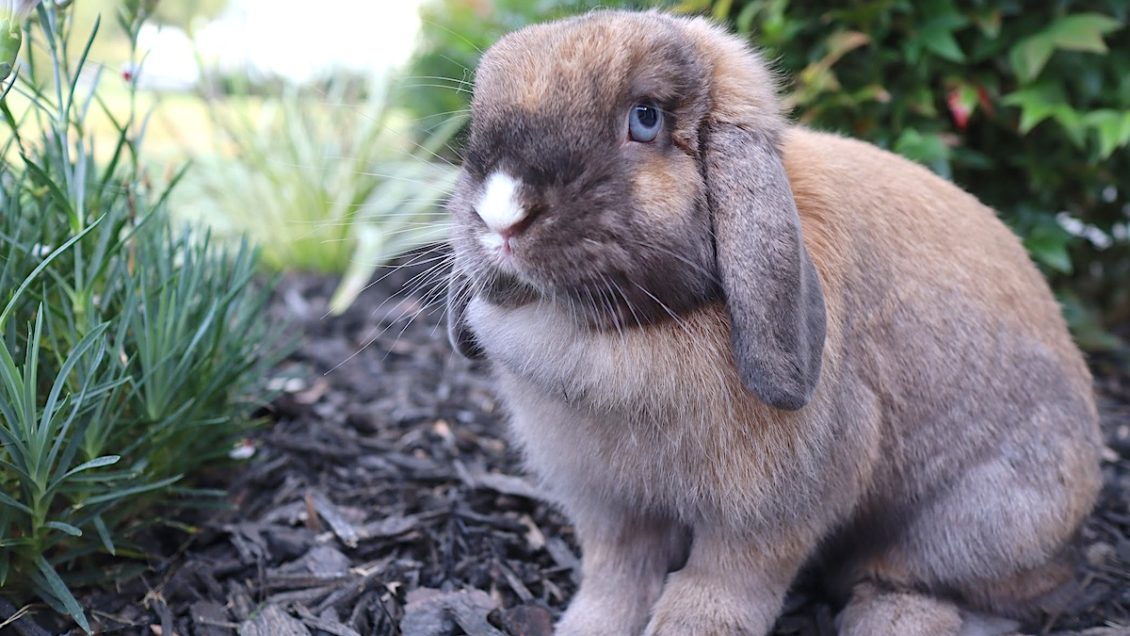COLUMBIA, S.C. — Clemson University Livestock Poultry Health, a state regulatory agency, has authorized South Carolina veterinarians to use an experimental vaccine to prevent rabbit hemorrhagic disease virus 2, or RHDV2.
The vaccine is unlicensed but has received emergency use authorization from the United States Department of Agriculture Centers for Veterinary Biologics (USDA CVB). The state approval is for one year while the company pursues full licensure.
“RHDV2 is highly contagious in both domestic and wild rabbits and mortality is 70 percent or even higher,” said State Veterinarian Michael Neault, who directs the Livestock Poultry Health unit.
“While South Carolina has no known cases of RHDV2, it is important to give veterinarians and rabbit owners another preventative option to use with increased biosecurity,” Neault said. “This is an experimental vaccine that USDA CVB indicates is safe and it will give veterinarians and rabbit owners another tool to work with.”
The first RHD virus, RHDV1, was identified in China in 1984 and has spread across the globe. Though it has killed hundreds of millions of rabbits, the virus is not known to affect people.
The RHDV2 strain was first reported in Europe in 2010. It was not confirmed in wild rabbits in the United States until 2020, but isolated cases have appeared before in domesticated rabbits. The virus is now widespread in Mexico and in wild rabbits in the Western United States.
S.C. veterinarians should maintain vaccination records as for any routine vaccination and conform to state licensure expectations, Neault said. Vaccination records for rabbits raised as meat may be kept at the herd level, like other livestock, rather than for individual animals.
Additional information about the RHDV2 vaccine is available at https://medgenelabs.com/rhdv2-vaccine/.
Clemson University Livestock Poultry Health, a state regulatory agency, is part of the University’s Public Service and Agriculture unit. Its mission is to protect animal health by controlling endemic, foreign and emerging diseases in livestock and poultry and to protect the health of S.C. consumers by inspecting meat and poultry products to ensure they are safe, wholesome and accurately labeled.
END
Get in touch and we will connect you with the author or another expert.
Or email us at news@clemson.edu

